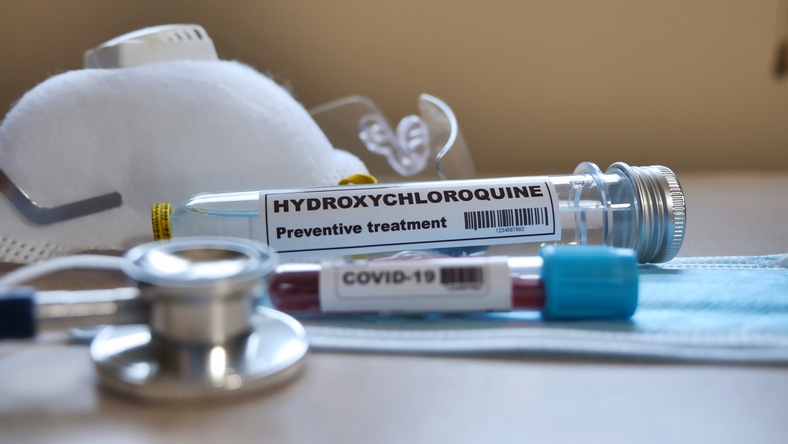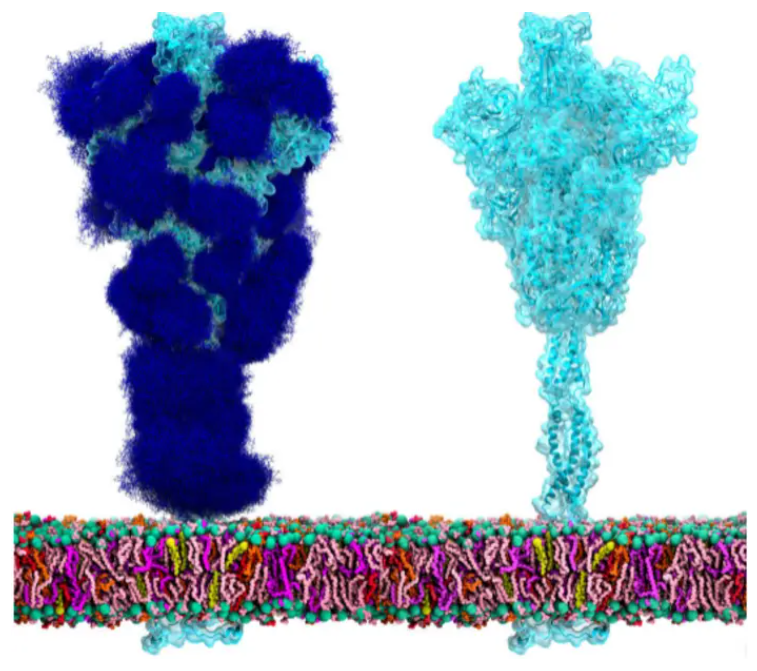
At the onset of the COVID-19 pandemic, hydroxychloroquine became a hot topic as a possible treatment for the virus. Clinical trials largely found that the drug was not a viable treatment option. Meanwhile, questions arose of whether people who were already taking the drug to treat certain autoimmune diseases would perhaps be protected from COVID-19. But an observational study put that theory to rest in patients with rheumatoid arthritis (RA) or systemic lupus erythematosus (SLE): according to the researchers, hydroxychloroquine made no difference in mortality between patients whether they were or were not taking the drug.
The study used primary care data and linked death registrations in the OpenSAFELY platform. This constitutes about 40% of England’s general population. The present analysis consisted of those aged 18 years or older who, as of March 1, 2020, were registered with a general practice for at least one year. Data were stratified by patients with SLE or RA who were routinely using hydroxychloroquine prior to the pandemic versus those who were not.
A total of 194,637 patients with RA or SLE were identified, of whom 30,569 received two or more hydroxychloroquine prescriptions from Sept. 1, 2019, through March 1, 2020. From March 1 to July 13, 2020, 547 COVID-19 deaths were reported, of which 70 were in patients taking hydroxychloroquine.
The standardized cumulative COVID-19 mortality for patients taking hydroxychloroquine was approximately 0.23% (95% confidence interval [CI], 0.18-0.29%), compared to 0.22% for non-users (95% CI, 0.20-0.25%). COVID-19 mortality was not associated with hydroxychloroquine use in adjusted analyses (hazard ratio, 1.03; 95% CI, 0.80-1.33).
“We found no evidence of benefit after adjusting for important differences in those who had received hydroxychloroquine compared with those who were not prescribed hydroxychloroquine. Completion of [randomized] trials for prevention of severe outcomes is warranted to support these observational findings,” the researchers wrote.
By and large, however, they concluded, “The use of hydroxychloroquine for prevention of COVID-19 mortality outside trial settings is currently not justified.”
The study was published in The Lancet Rheumatology.







 © 2025 Mashup Media, LLC, a Formedics Property. All Rights Reserved.
© 2025 Mashup Media, LLC, a Formedics Property. All Rights Reserved.